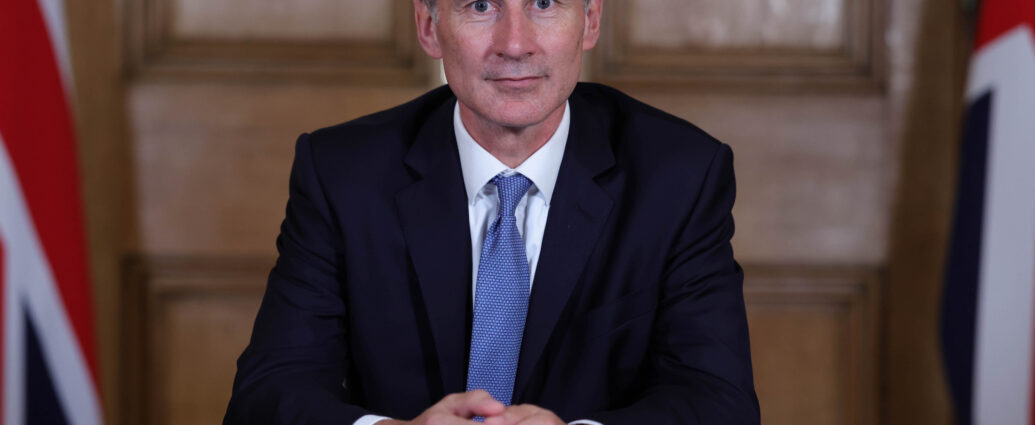Eva Castanedo
Last Thursday, the governments plans for how it intends to manage the nation’s finances over the upcoming months were disclosed by Chancellor Jeremy Hunt in the autumn budget.
In the midst of a cost-of-living crisis and after the fiasco of the last Budget – delivered by former Chancellor Kwasi Kwarteng and former Prime Minister Liz Truss – the autumn Budget holds particular importance. UK citizens look for reassurance regarding the support they will receive throughout the winter. Markets want to be assured of the trustworthiness of the UK’s economy.
As government projections anticipate the most significant decline in living standards since records have been kept, the Chancellor warned that families face “real challenges”, and he went on to say that tax rises and spending cuts would help contain inflation.
Autumn Budget changes
- Higher earners will start paying the top rate of tax (45%) at £125,140 instead of £150,000.
- Tax thresholds will stay frozen until April 2028, increasing taxes for millions of citizens.
- The state pension and means-tested benefits payments will increase in line with inflation (10.1%) in April.
- The National Living Wage will increase from £9.50/hour for over-23s to £10.42 in April.
- From this year to 2028, the windfall tax on oil and gas companies will increase from 25% to 35%, raising £55 billion.
- Household energy price caps will be prolonged for another year beyond April. But, it is more limited: average bills capped at £3,000 a year instead of £2,500.
- The “most vulnerable” will receive additional cost-of-living payments of £900 for those on benefits and £300 for pensioners.
Print press reactions to the new measures varied very little. Generally, news outlets agreed about the severity of the economic situation.
Jeremy Hunt’s first Budget has resulted in one of the most brutal sets of front pages we've seen for a long time pic.twitter.com/KxZB96abuP
— Best for Britain (@BestForBritain) November 18, 2022
Mr Hunt refuted the claim that the uproar brought on by Ms Truss’ mini-Budget required him to increase taxes and cut spending. Although he acknowledged there had been errors, he asserted that they had been “fixed within weeks” by the Conservatives.
He claimed that the situation in Ukraine and rising energy prices were causing similar issues worldwide. Other nations affected include Germany, France, and the United States.
Featured image courtesy of Number 10 via Flickr. Image license found here. No changes were made to this image.

